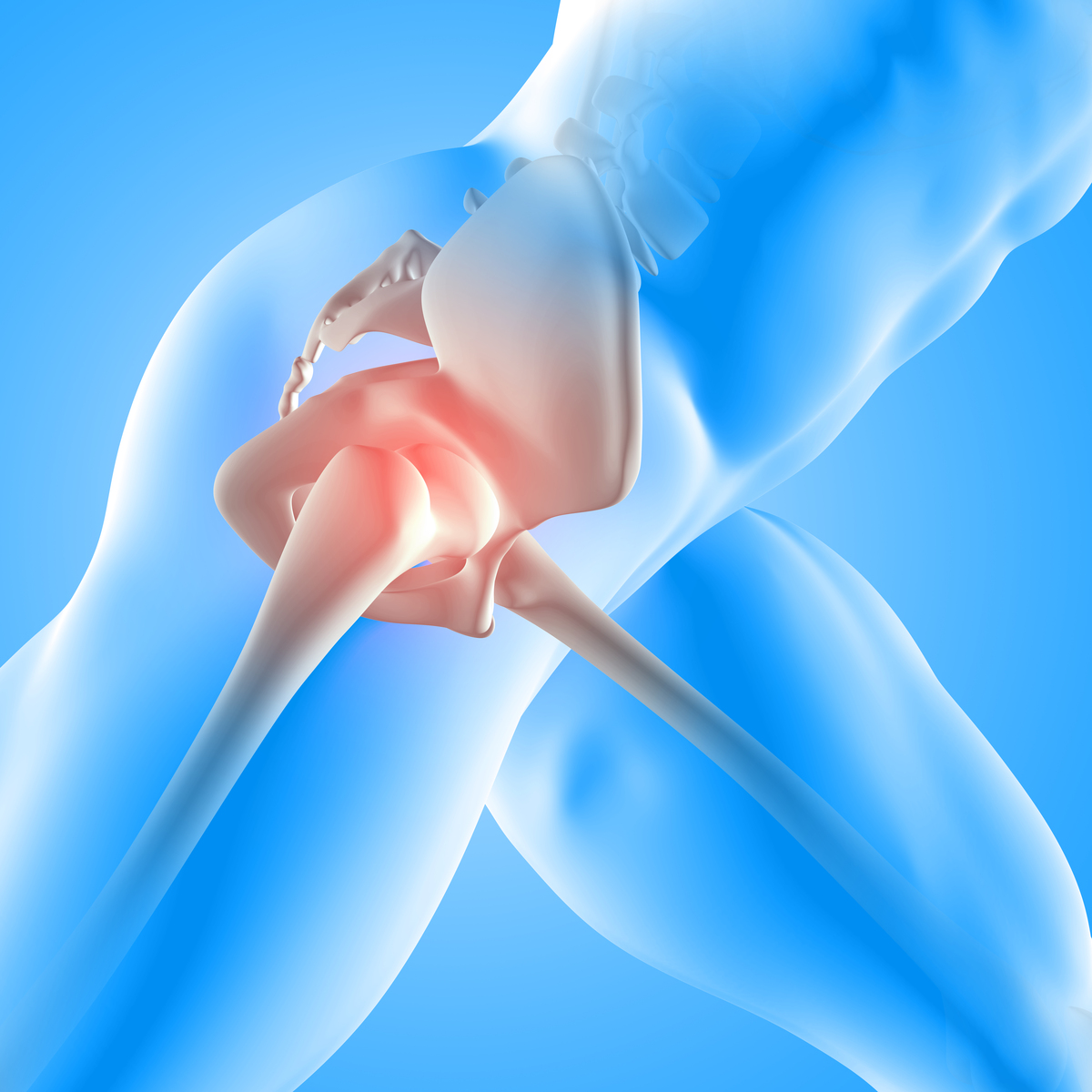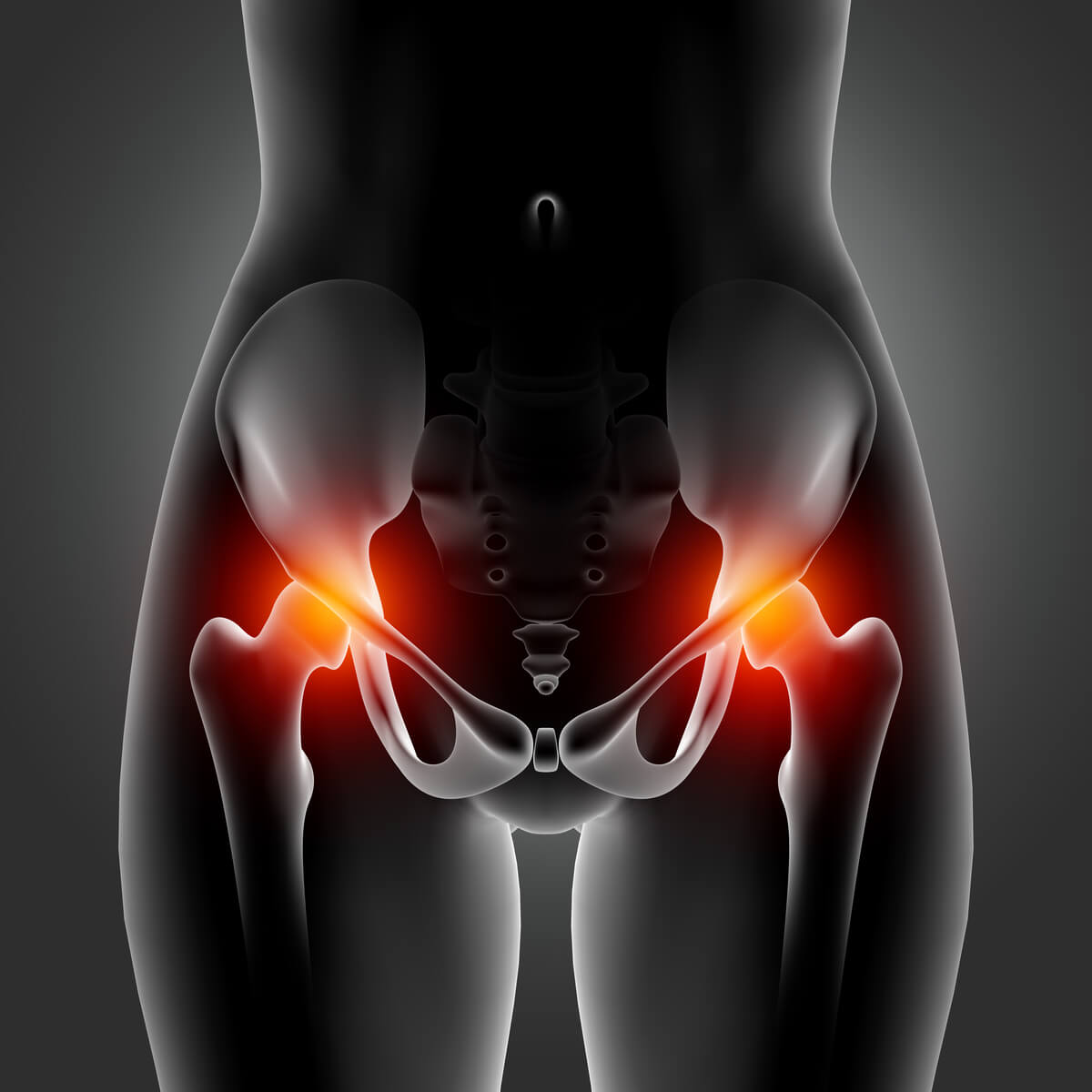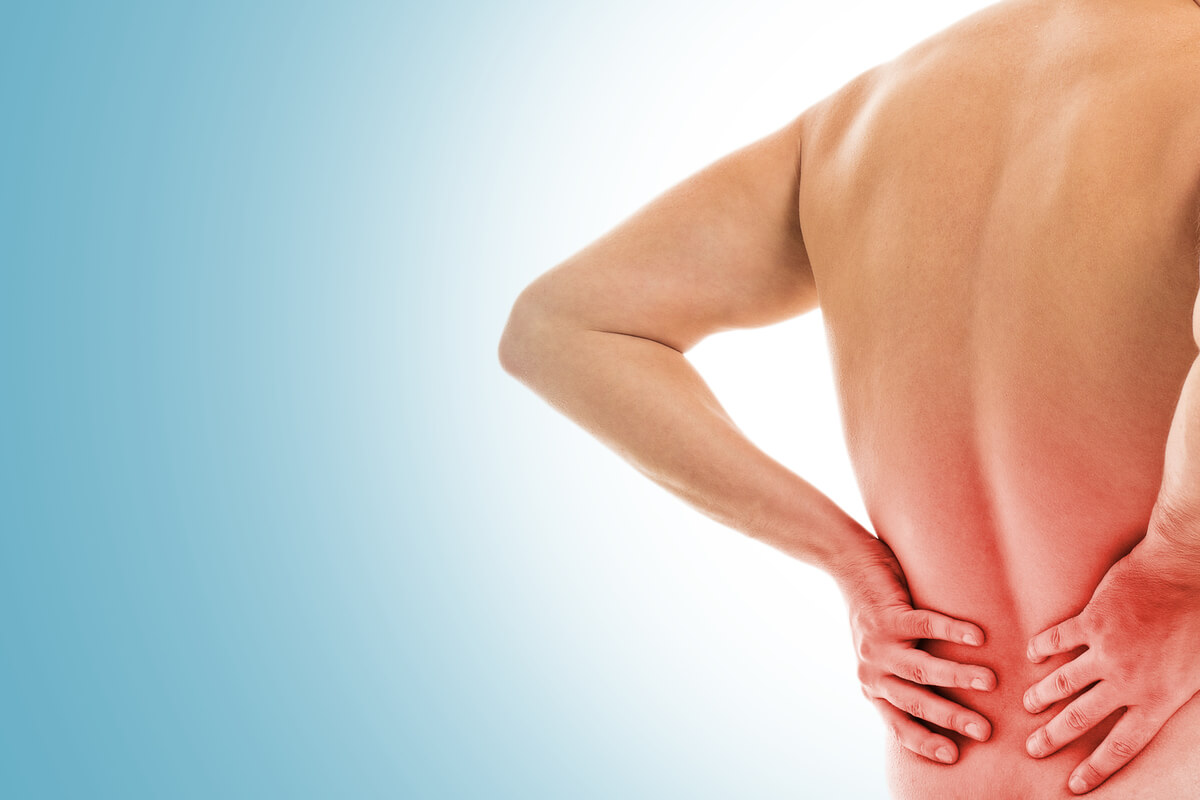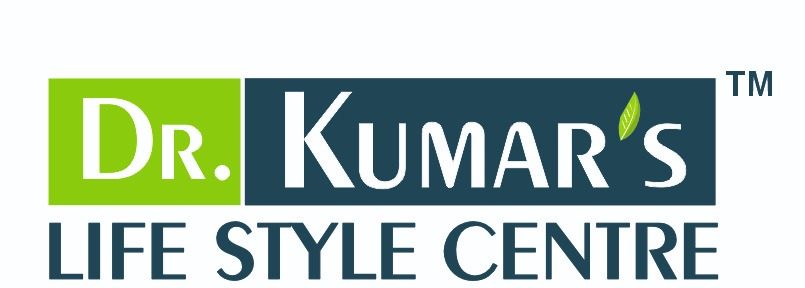
Avascular Necrosis (AVN) Treatment
There are many different diseases that can affect the joints in our bodies, and AVN is one of them. This condition is caused by a disruption in the blood supply to the bones, which can lead to the death of the bone tissue. This can cause pain, deformity, and eventually disability if it is not treated. There are many different ways to treat AVN disease, depending on the severity of the case, but some common treatments include surgery, medications, and physical therapy. If you think you may be suffering from this condition, it is important to see a doctor as soon as possible so that you can get started on treatment and start feeling better.
AVN is most common in young adults, although it can occur at any age. It is more common in women than men. The exact cause of AVN disease is unknown, but it is thought to be related to an injury or trauma to the bone.


Causes of AVN
There are many different causes of AVN, but the most common are these:
- Osteoarthritis: This is a condition that affects the cartilage in the joints, and it can cause the bones to rub against each other. This can lead to AVN because the cartilage can be damaged and the blood supply to the bone can be cut off.
- Other causes of AVN include injury, infection, and certain medical conditions. There are many different causes of AVN disease. The most common cause is an injury or trauma to the area. This can occur from a fall, car accident, or any other type of impact that injures the bones or tissues in the area.
- AVN can also be caused by certain medical conditions such as osteoarthritis, rheumatoid arthritis, and Paget's disease. In some cases, the cause of AVN is unknown.
Symptoms of AVN
If you have been diagnosed with AVN, or think you may have the condition, it is important to be aware of the symptoms. Early diagnosis and treatment is essential to preventing further damage to your hip joint.
- The most common symptom of AVN is pain. This can range from a dull ache to severe, constant pain. The pain is usually worse at night or when you are active. You may also notice that the pain gets worse over time.
- Other symptoms of AVN include:
- Stiffness in your hip joint
- Swelling around your hip joint
- Clicking or grinding sensations in your hip joint
- Weakness or numbness in your leg or groin
If you experience any of these symptoms, it is important to see your doctor for a diagnosis. AVN can only be diagnosed with an MRI.


Treatment Options for AVN
There are a few different ways to treat AVN.
Treatment options for AVN includes:
- Rest
- Activity modification
- Pain medication
- Surgical intervention
If you are diagnosed with AVN, it is important to follow your doctor’s treatment plan. With early diagnosis and treatment, you can prevent further damage to your hip joint and live a pain-free life.
Treatment of AVN in Ayurveda
There is no known cure for AVN, but there are treatments that can help to slow the progression of the disease. Ayurvedic medicine is one such treatment. Ayurveda is a system of medicine that originated in India and is based on the principle of using natural means to treat and prevent disease. The goal of Ayurvedic treatment for AVN is to improve blood circulation and reduce inflammation. This is typically done through the use of herbs and other natural substances. Ayurvedic treatment may also include massage, yoga, and meditation. While there is no scientific evidence to support the efficacy of Ayurvedic medicine, many people who have tried it report positive results.
Treatment of AVN in Naturopathy
There are many naturopathic treatments for AVN disease. The most common is the use of supplements to improve the health of the affected area. This can include vitamins C and D, as well as minerals such as calcium and magnesium. Herbal remedies such as comfrey and Gotu kola are also often used to treat AVN..
Another common naturopathic treatment for AVN is acupuncture. This therapy is thought to help stimulate blood flow to the affected area and promote healing. Naturopathic doctors may also recommend lifestyle changes, such as quitting smoking and increasing exercise, to help improve the overall health of patients with AVN disease.
Treatment of AVN in Neuropathy
There are many treatments available for AVN, and the most effective treatment depends on the severity of the disease. In its early stages, AVN can be treated with non-surgical methods such as rest, ice, and anti-inflammatory medication. If the disease progresses, however, surgery may be necessary to repair the damaged tissue. Some common surgical treatments for AVN include bone grafting, in which healthy bone is transplanted to the affected area, and osteotomy, in which the damaged bone is cut and realigned. In some cases, a joint replacement may also be necessary.
AVN is a serious condition that can cause debilitating pain and disability. However, with early diagnosis and treatment, many people with AVN are able to live normal, active lives.
Treatment of AVN in Yoga Therapy
AVN, or Avascular Necrosis, is a condition where the blood supply to the bones is interrupted. This can lead to the death of bone tissue and the collapse of the affected bone.
Yoga therapy can be an effective treatment for AVN, as it can help to improve blood circulation and increase the range of motion in the affected joints. Yoga poses that are helpful for AVN include chest openers, hip openers, and stretches for the shoulders and neck.
Conclusion
There are many possible conclusions that could be drawn from the information presented in the AVN article. However, a few key points stand out as particularly important. First, it is clear that AVN is a serious and potentially debilitating condition. Early diagnosis and treatment are essential in order to improve the chances of a positive outcome. Second, while there is no cure for AVN, there are treatments available that can help to improve the symptoms and slow the progression of the disease. Finally, it is important to remember that AVN is a rare condition, and most people who develop it will not experience any serious complications.
